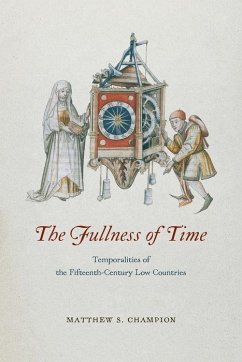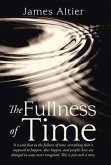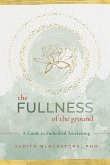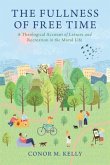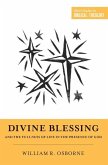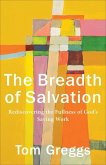Over the course of the fifteenth century, the Low Countries transformed Europe's economic, political and cultural life. Innovative and influential cultural practices emerged across the region in flourishing courts, towns, religious houses, guilds and confraternities. Whether in visual culture, music, devotional practice, or communal rituals, the thriving cultures of the Low Countries wrestled with time, both through explicit measurement and reflection, and in the rhythms of social and religious life. This book offers a deeper understanding of how time was structured and experienced by different constituencies through a series of detailed readings of diverse cultural objects and practices, ranging from woodcuts and painted altarpieces, to early print books, and to the use of polyphony in the liturgy. Individual chapters are devoted to life in the university towns of Louvain and Ghent, the liturgical rituals at Cambrai Cathedral, and the rich pageantry that marked the courts of Philip the Good and the new Burgundian rulers. What emerges is a complex temporal landscape in which devotional and secular practices and experiences merged into a new "fullness of time."
Hinweis: Dieser Artikel kann nur an eine deutsche Lieferadresse ausgeliefert werden.
Hinweis: Dieser Artikel kann nur an eine deutsche Lieferadresse ausgeliefert werden.

